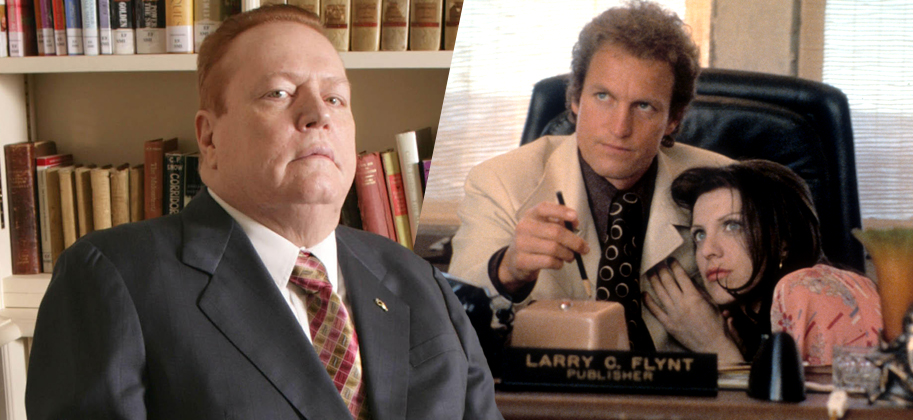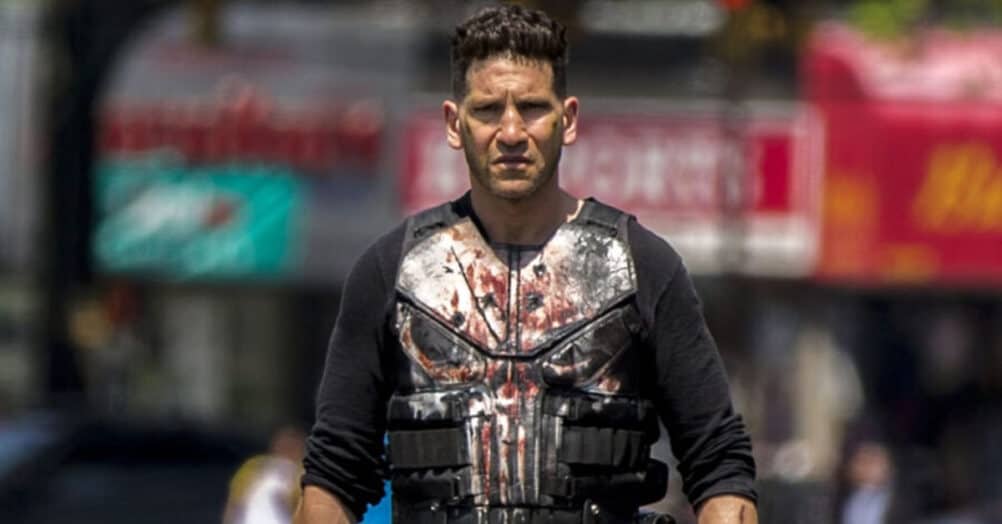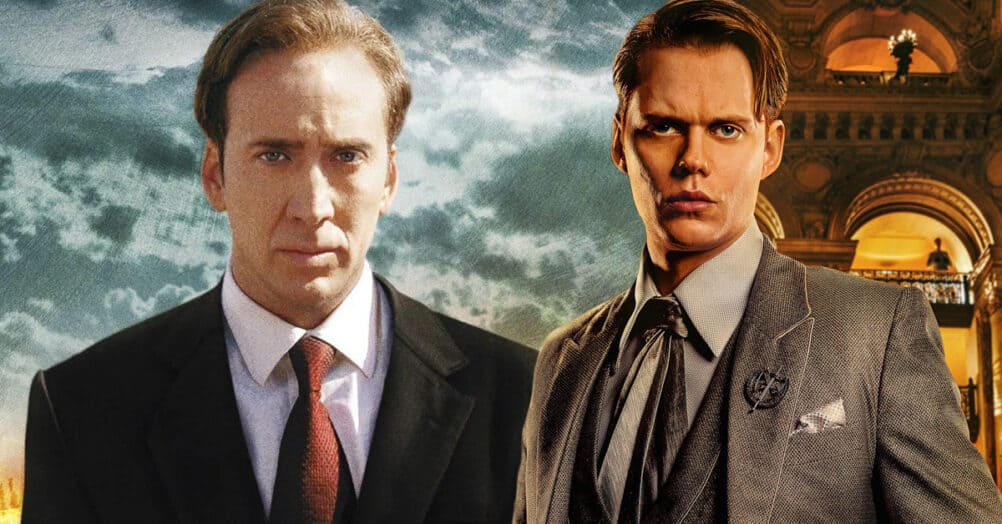Last Updated on August 5, 2021

Larry Flynt, founder of Hustler magazine and unlikely champion of the first amendment, has died at the age of 78. His brother Jimmy Flynt confirmed the death to The Washington Post but didn't note a specific cause.
After serving in both the United States Army and the United States Navy, as well as working as a bootlegger, Larry Flynt opened the Hustler Club, which later spawned the Hustler Newsletter that was quickly expanded into a full-fledged magazine that was noticeably more explicit than its competition. "Playboy and Penthouse," Flynt said, "were parading their pornography as art, with the air-brushing and the soft lens. I realized that if we became more explicit, we could get a huge piece of this market. . . . I sensed that raw sex was what men wanted. And I was right." Hustler faced many legal battles over obscenity laws during those early years, and while leaving a court hearing in March 1978, Larry Flynt was shot by a gunman and was left partially paralyzed with permanent spinal cord damage. Serial killer and white supremacist Joseph Paul Franklin confessed to the attempted murder years later and said that he had been provoked by an interracial photo-shoot in Hustler.
Larry Flynt was also the subject of Miloš Forman's The People vs. Larry Flynt, a sprawling biographical drama that found Woody Harrelson playing the Hustler founder. The film followed Flynt through the decades, all the way from his impoverished upbringing in Kentucky to his Supreme Court battle against televangelist Jerry Falwell. The People vs. Larry Flynt received Academy Award nominations for Best Director for Forman and Best Actor for Harrelson. The film also starred Courtney Love, Edward Norton, James Cromwell, Crispin Glover, Vincent Schiavelli, and also featured Flynt in a cameo role as a judge.
"After several years of listening to [Falwell] bash me and reading his insults, I decided it was time to start poking some fun at him," Flynt wrote in a Los Angeles Times article. "So we ran a parody ad in Hustler — a takeoff on the then-current Campari ads in which people were interviewed describing 'their first time' [drinking the liqueur]. In the ads, it ultimately became clear that the interviewees were describing their first time sipping Campari. But not in our parody. We had Falwell describing his 'first time' as having been with his mother, 'drunk off our God-fearing asses,' in an outhouse." Falwell wound up suing Hustler and the battle went all the way to the Supreme Court where it was ultimately ruled that public figures could not receive damages for emotional distress due to parodies. The verdict was seen as a major victory for free speech. "It wasn't until after I won the case and read the justices' unanimous decision in my favor that I realized fully the significance of what had happened," Flynt wrote. "In a unanimous decision — written by, of all people, Chief Justice William H. Rehnquist — the court reasoned that if it supported Falwell's lower-court victory, no one would ever have to prove something was false and libelous to win a judgment. All anyone would have to prove is that 'he upset me' or 'she made me feel bad.' The lawsuits would be endless, and that would be the end of free speech."

















Follow the JOBLO MOVIE NETWORK
Follow us on YOUTUBE
Follow ARROW IN THE HEAD
Follow AITH on YOUTUBE